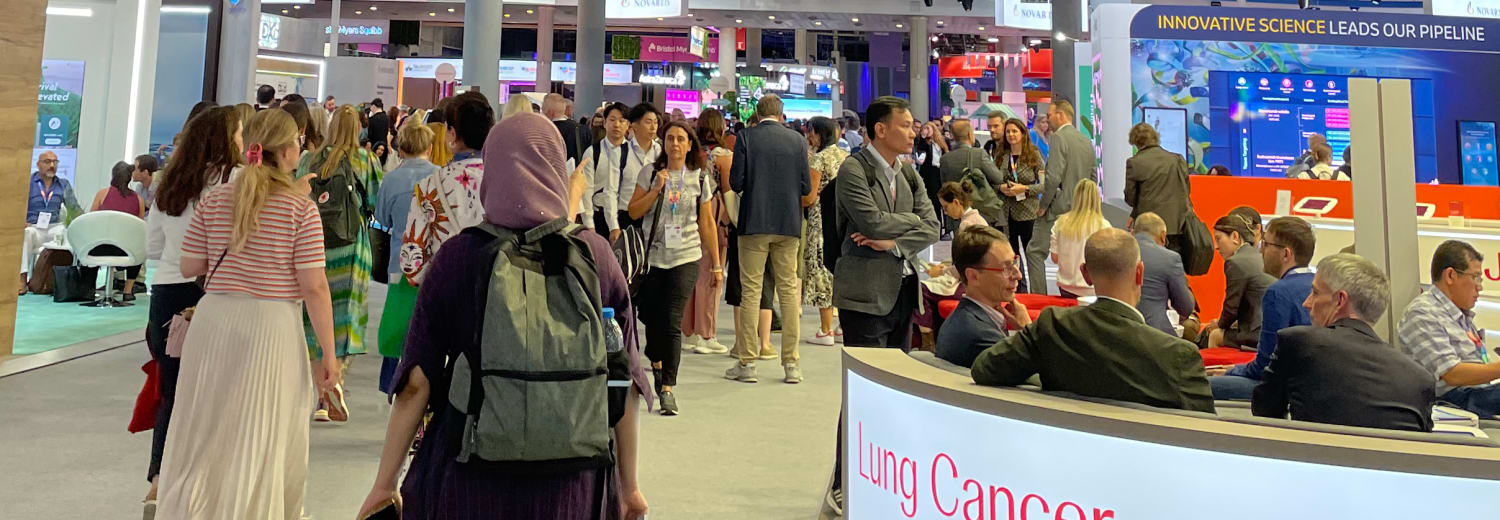We’ve heard it before, but maybe - just maybe - we’re at the brink of a new frontier for cancer care. ESMO 2024 has just wrapped up in Barcelona and the take-home message is unlike any other oncology congress in recent memory. There’s a palpable shift in energy and expectation, with advances in immuno-oncology (IO) and antibody-drug conjugates (ADCs) poised to redefine standards of care. Incredibly, those advances are helping inspire a change of emphasis in cancer communications, reframing the narrative to focus on ‘living’ rather than ‘surviving’. It feels like a breakthrough moment, and there should be no turning back.
Our VML Health team hoofed the halls, soaked up the symposia, and embraced the energy at ESMO 2024. Here are our top 5 headlines.
1. IO and ADCs are the future of cancer care
Nobody would say that IOs and ADCs are new kids on the block in cancer care - they’ve both been around for some time. However, data presented at ESMO 2024, prove that the science behind each of them is coming of age, with scope to deliver much more in the future. If we’re talking about moving into a new era for cancer care, there’s no question these innovations will be leading the charge.
IOs continue to cement their value as monotherapy or in combination in the peri-surgery setting, significantly improving outcomes as neoadjuvant and adjuvant therapies. For example, data reported in a Presidential Symposium showed that early-stage immunotherapy alongside standard chemotherapy significantly prolongs overall survival in triple-negative breast cancer. Similarly, in muscle-invasive bladder cancer, new data from the NIAGARA study shows that the addition of an immunotherapy-based treatment alongside neoadjuvant chemotherapy leads to ‘practice changing’ improvements in event-free and overall survival.




